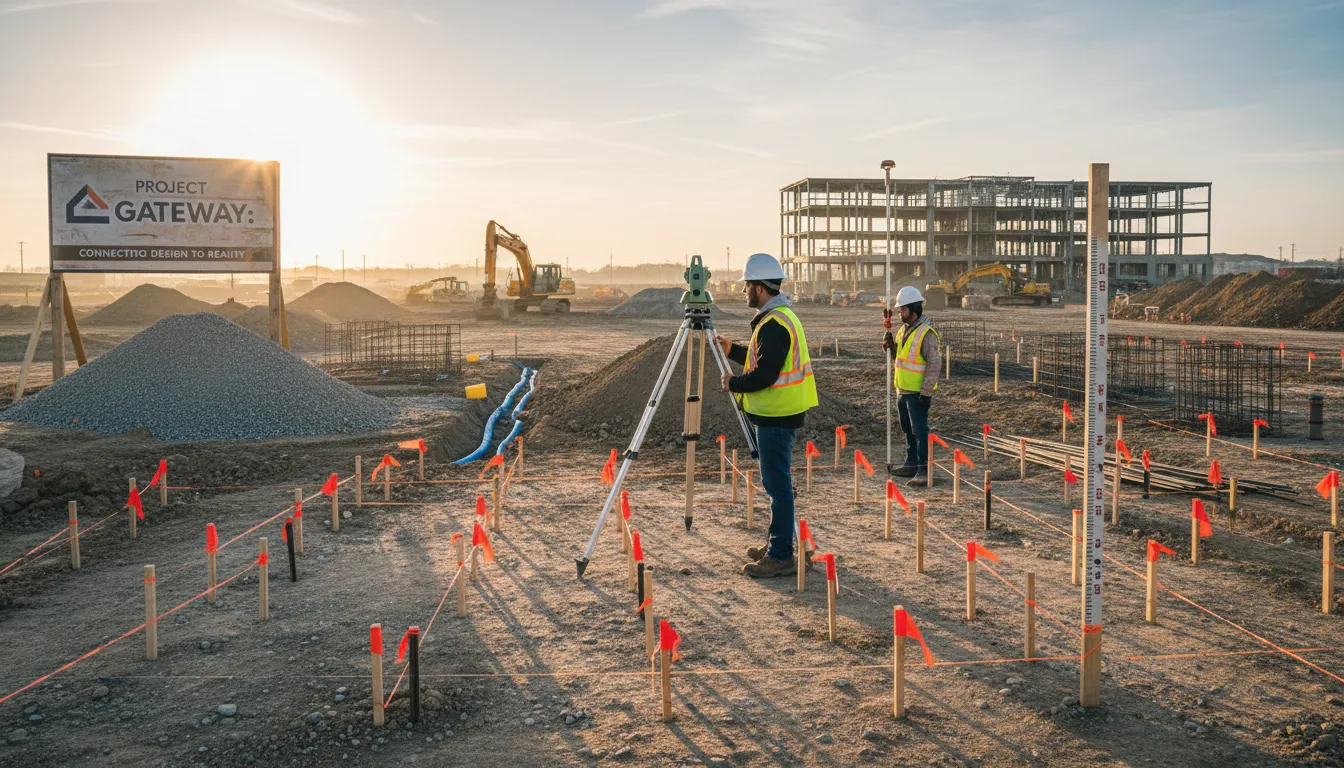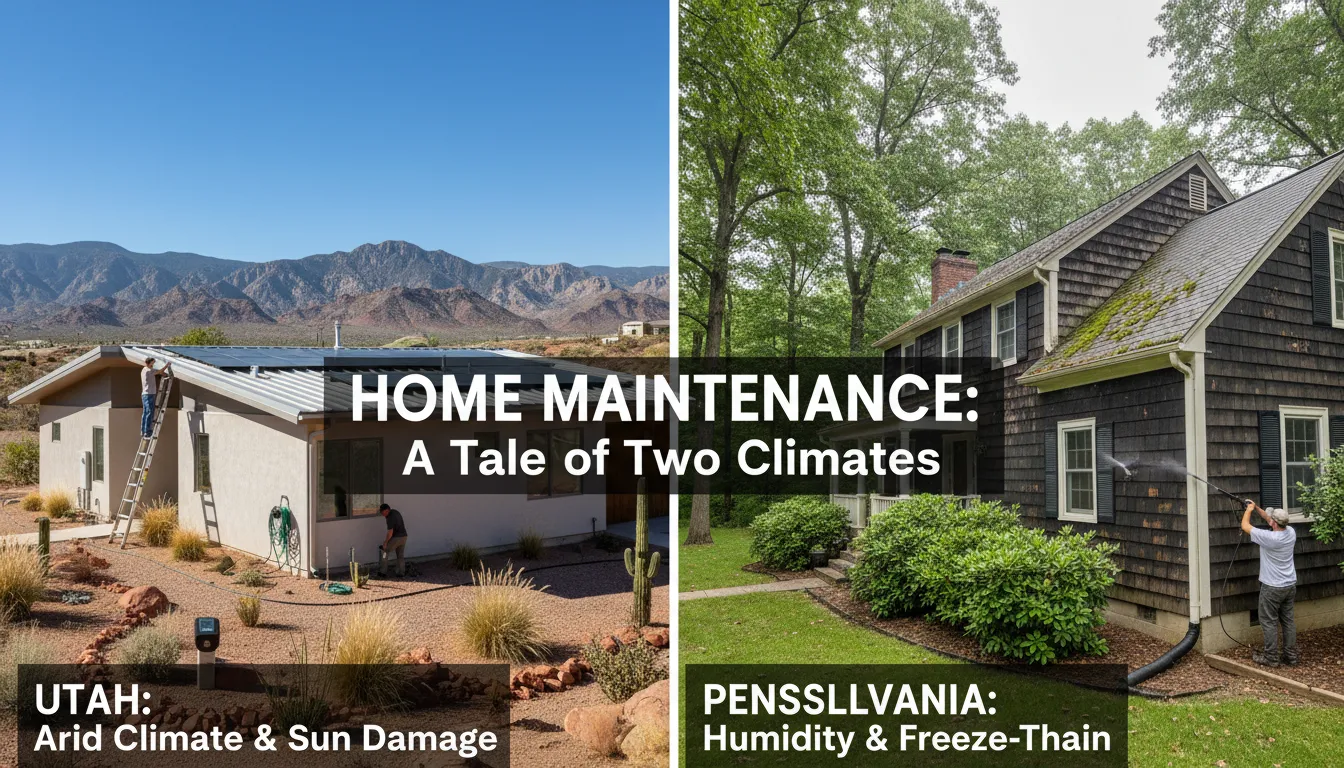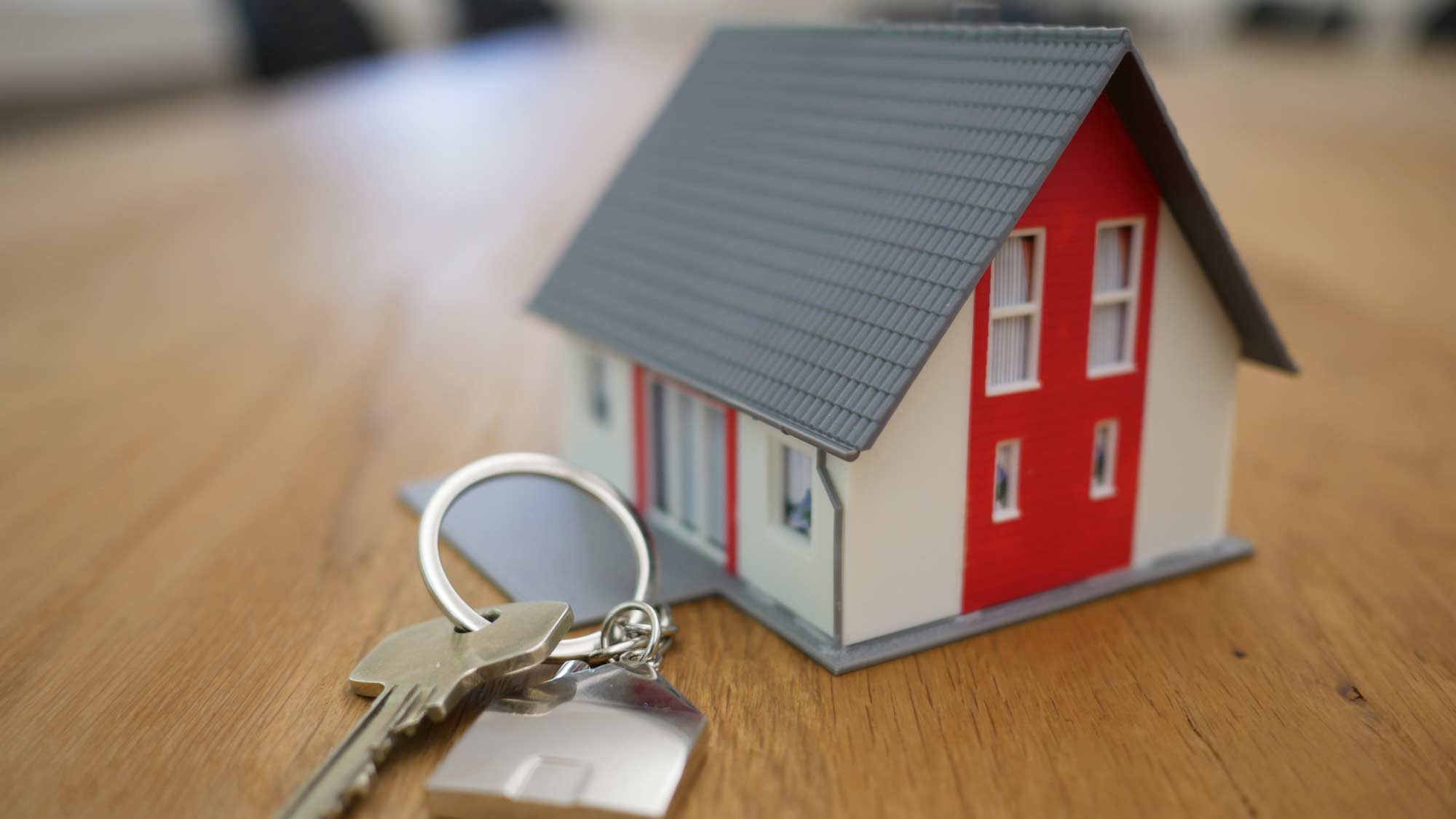
Is it the right time to buy residential real estate in Utah? When buying your first home, timing can have an impact on your investment. Should you wait if interest rates are high? Do you make enough to cover unseen expenses? Let's jump into the nitty gritty of knowing when it's the right time to get into home ownership.
1. Cost of Homes
Some people point to the high price tag for even starter homes as a reason for waiting to get into the market. Unfortunately, the numbers are more likely to rise than fall. According to the Federal Housing Finance Agency, house prices have been trending upward nationwide.
Younger generations may struggle to afford home ownership in the coming decades. While the cost of homes is always a consideration, delaying buying your first home may work against you due to rising costs. Housing affordability remains a key concern according to the HUD Office of Policy Development and Research.
2. Inventory and Competition for Homes
When property inventory is low, costs go up, and you may get into a bidding war with other buyers, particularly in high-demand areas with excellent schools or access to local amenities.
Talk to your real estate agent about how many homes are available in your price range and based on your wish list. If the number is low, consider waiting a few months. People often list their homes seasonally to avoid moves during the school year, so more options could come on the market in the spring or summer.
3. Mortgage Interest Rates
Locking in interest rates before they rise can save you thousands over the life of your loan. Sellers may have more than one option of who they sell to, so those with preapproval or cash have advantages over those who haven't yet secured financing. The Consumer Financial Protection Bureau provides guidance on mortgage preapproval.
Some things you can do to reduce your rate include keeping your credit score high and making a larger down payment. You can also buy points, where you pay an upfront amount to reduce the interest rate. On average, you can lower the rate by one point when you pay around 1% of the total loan amount, but this can vary by lender.
Some people choose adjustable rate mortgages (ARMs) to take advantage of fluctuating rates. Be ready to refinance should rates suddenly begin a sharp rise, or you could wind up with a monthly payment that’s more than you can afford.
Explore Utah Real Estate
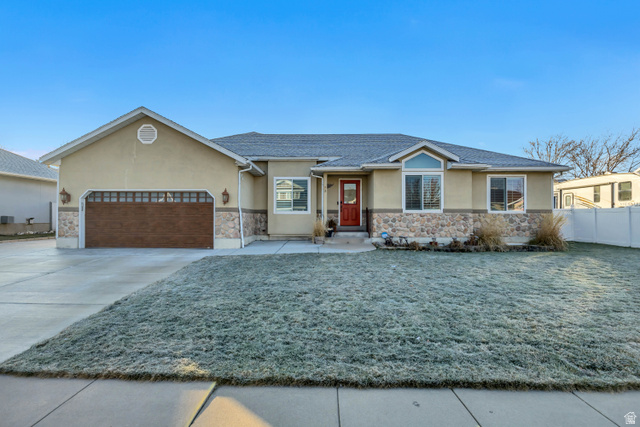
83 W 850 S, Centerville, UT
$815,000
Bedrooms: 5 Bathrooms: 3 Square feet: 3,999 sqft
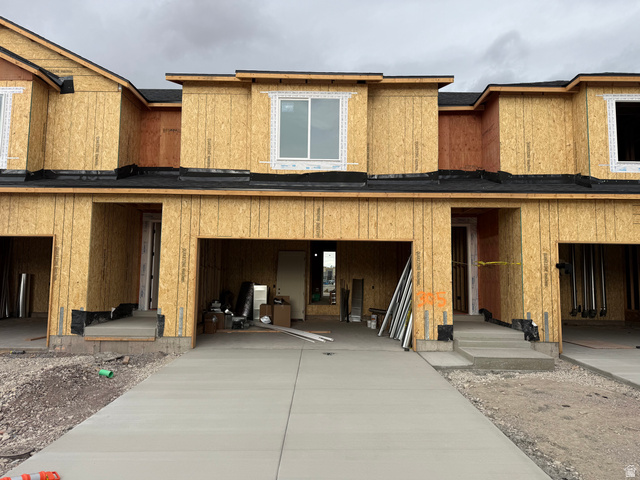
653 E RYEGRASS DR #305, Eagle Mountain, UT
$387,900
Bedrooms: 3 Bathrooms: 3 Square feet: 1,985 sqft

2031 N LAVA ROCK CIR #107, St George, UT
$4,185,000
Bedrooms: 4 Bathrooms: 5 Square feet: 5,404 sqft
4. Personal Finances
Since your credit score impacts your interest rate and ability to get a loan, you can take steps to improve personal finances and get ready to buy real estate in Utah.
Pay off credit card debt and make sure your income to debt ratio is acceptable. Talk to a real estate agent or mortgage broker about how much you can afford to pay on a mortgage based on your income and debt.
Raise your credit score by making payments on time, reducing the amount of debt you have and not taking out new loans.
Ideally, you’ll have an emergency fund in addition to savings for your home. Home ownership demands being prepared for unexpected expenses.
5. Market Stability
Most experts agree that there is no foreseeable market crash in the near future. People often worry they'll work hard to save a down payment, get their finances in shape and still make a mistake buying a home. Purchasing real estate may be the biggest investment you'll make, so you want to be sure value rises. The National Association of Realtors provides comprehensive market research and statistics.
Real estate experts advise that you should consider whether you plan to stay in the home for a significant time or if it's a starter space you'll need to sell in a few years. If you're in the investment for the long-term, market fluctuations are less concerning as they will right themselves eventually.
However, if you may have to move for your career, plan to start a family and will need a larger home, or want to swap locations, hold off on buying and save more money for a more permanent solution.
More Properties You Might Like
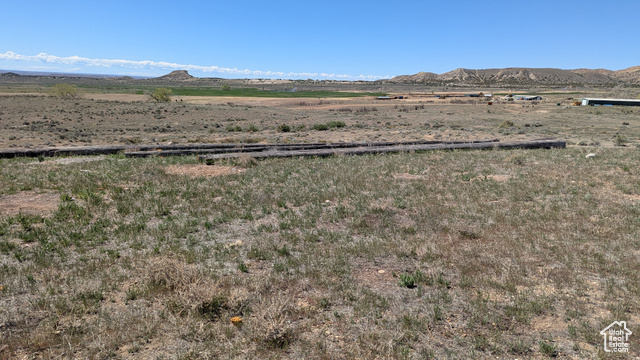
2098 E GOOSE RANCH RD, Vernal, UT
$103,000
Square feet: 274,864 sqft
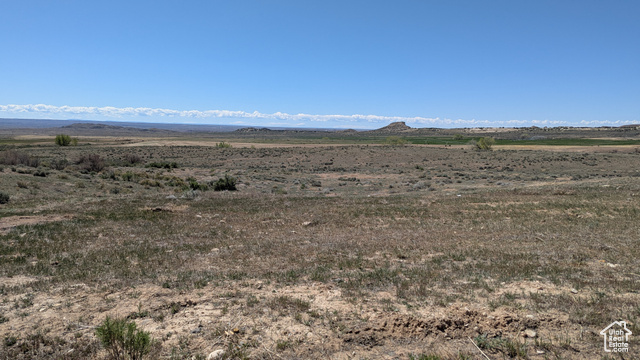
2148 E GOOSE RANCH RD, Vernal, UT
$116,000
Square feet: 309,276 sqft

6668 S 3200 W, Spanish Fork, UT
$2,074,000
Bedrooms: 3 Bathrooms: 3 Square feet: 2,560 sqft
Some people do have success flipping properties and moving their way up to a larger home, but there is risk involved. Another option is to buy the home with plans to upgrade to a larger one once it builds equity but not put a time frame on when that might happen.
6. Ability to Maintain the Property
Many new home buyers regret at least one thing about buying their properties. According to the Federal Reserve Survey of Consumer Finances, homeowners need to be prepared for ongoing maintenance costs.
Consider the ongoing maintenance of a home. You’ll need to cut up trees that fall, maintain a lawn and repair anything from roof leaks to failing appliances. Those good at DIY projects may pay less, but you’ll still have to invest in tools and materials.
Does Your Lifestyle Match Home Ownership?
If you check the boxes for being ready to buy real estate, a final consideration is how your lifestyle and home ownership match. If you travel a lot with work, finding time to mow your lawn may be a struggle. You might be better off buying a condo where lawn care is included or renting an apartment.
If you work a 9-5 job, have family or friends in the area, and enjoy working on home projects, you may be more than ready to buy a home.
Related Articles:








